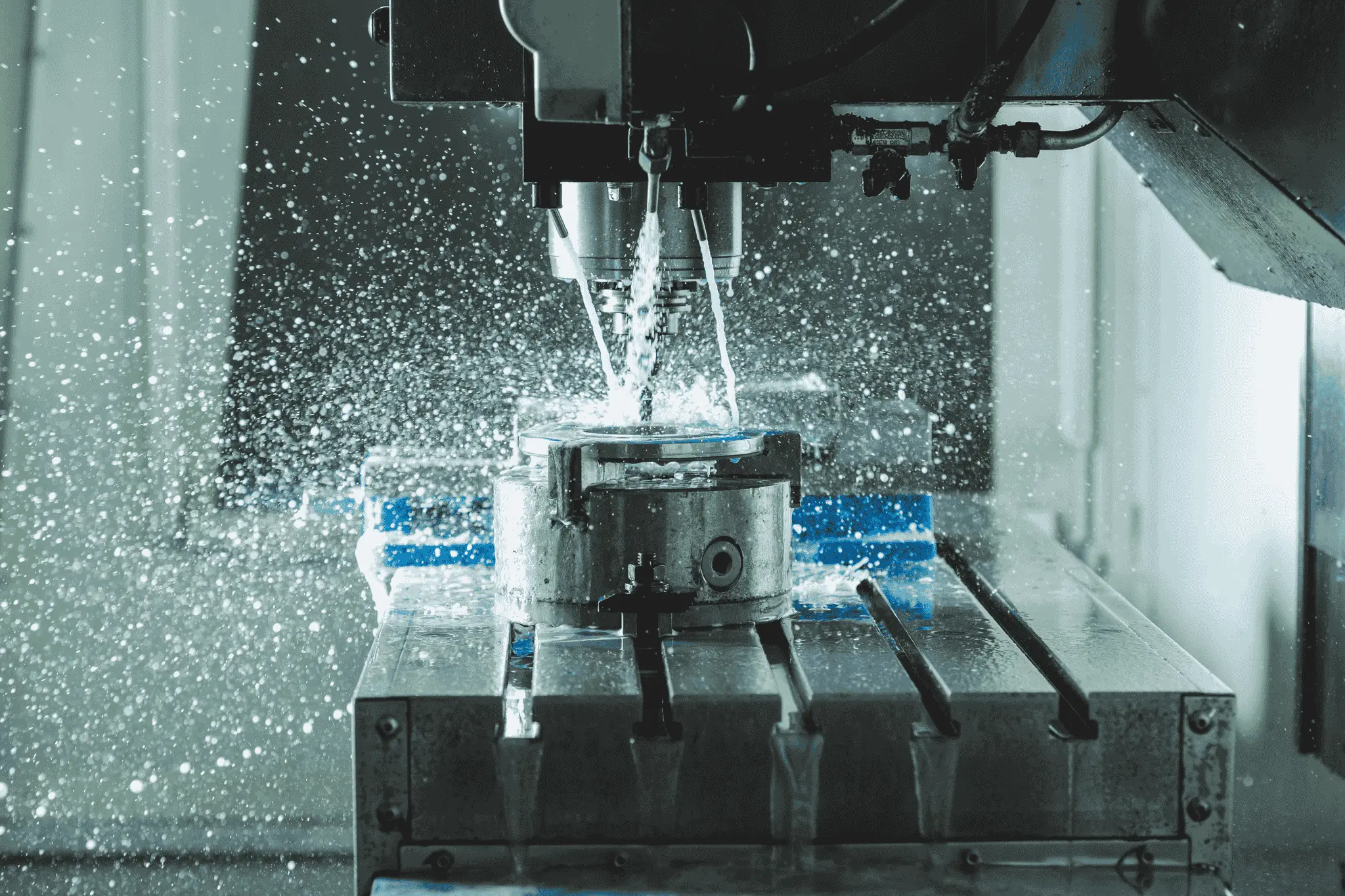Titanium is a top choice for industries that require strength, corrosion resistance, and low weight, such as aerospace, medical, and high-tech manufacturing. But while its properties make it ideal for demanding applications, titanium is notoriously difficult to machine. Poor thermal conductivity, high cutting forces, and rapid tool wear all contribute to the challenge. Here are some of the advanced titanium CNC machining strategies used in high-performance applications.
Understanding Titanium Grades and Machining Behavior
Different titanium grades respond differently during machining. For example, Ti-6Al-4V (Grade 5) is strong and widely used in aerospace, but it tends to harden quickly and wear down tools fast. Ti Grade 2 is softer and easier to cut, but doesn’t offer the same strength. Ti Grade 23 (ELI), used in medical implants, offers enhanced purity and biocompatibility, requiring extremely clean and precise machining.
Each of these grades reacts to heat and stress in its way. Understanding these differences is key to choosing the right cutting tools, speeds, and feeds—and avoiding costly errors.
Overcoming Titanium’s Machining Challenges
Titanium’s low thermal conductivity means heat stays at the tool edge, which can cause tools to break down quickly. It also produces serrated chips that are difficult to manage. To combat these challenges, machinists use techniques like:
- Lower cutting speeds with higher feed rates to maintain pressure and reduce heat
- Rigid setups to control vibration and chatter
- Continuous chip evacuation to prevent build-up
Additionally, differences in microstructure, such as grain size or prior heat treatment, can influence how the material behaves. These small changes can affect everything from tool wear to final surface quality.
Tooling and Cooling Innovations
Advancements in cutting tools have made titanium machining more manageable. Tools made from high-performance carbides, ceramics, and PCD (polycrystalline diamond) are commonly used. Coatings like TiAlN, AlCrN, and DLC help extend tool life by resisting heat and wear.
Heat control is just as important. High-pressure coolant systems (HPC) help flush chips and cool the tool. More advanced systems, like Minimum Quantity Lubrication (MQL) and cryogenic machining using liquid nitrogen, improve surface finish while minimizing thermal damage and tool wear.
Advanced Machining Techniques
Using multi-axis CNC machines (5-axis and up) allows for more precise machining of complex parts with fewer setups. When paired with High-Speed Machining (HSM) techniques like trochoidal milling, these machines remove more material faster while keeping cutting forces low and part quality high.
Titanium in Key Industries
Titanium is essential in:
- Aerospace and defense: For strong, heat-resistant parts in engines and structural components.
- Medical devices: For biocompatible implants and surgical tools requiring flawless finishes.
- Semiconductors: For corrosion-resistant parts in vacuum and cleanroom environments.
Contact WessDel for Titanium CNC Machining
At WessDel, we provide expert titanium CNC machining services using advanced CNC technology, high-end tooling, and strict quality standards like AS9100D. Whether you’re developing aerospace parts, medical implants, or high-tech components, contact us to learn how WessDel can support your titanium CNC machining needs.

